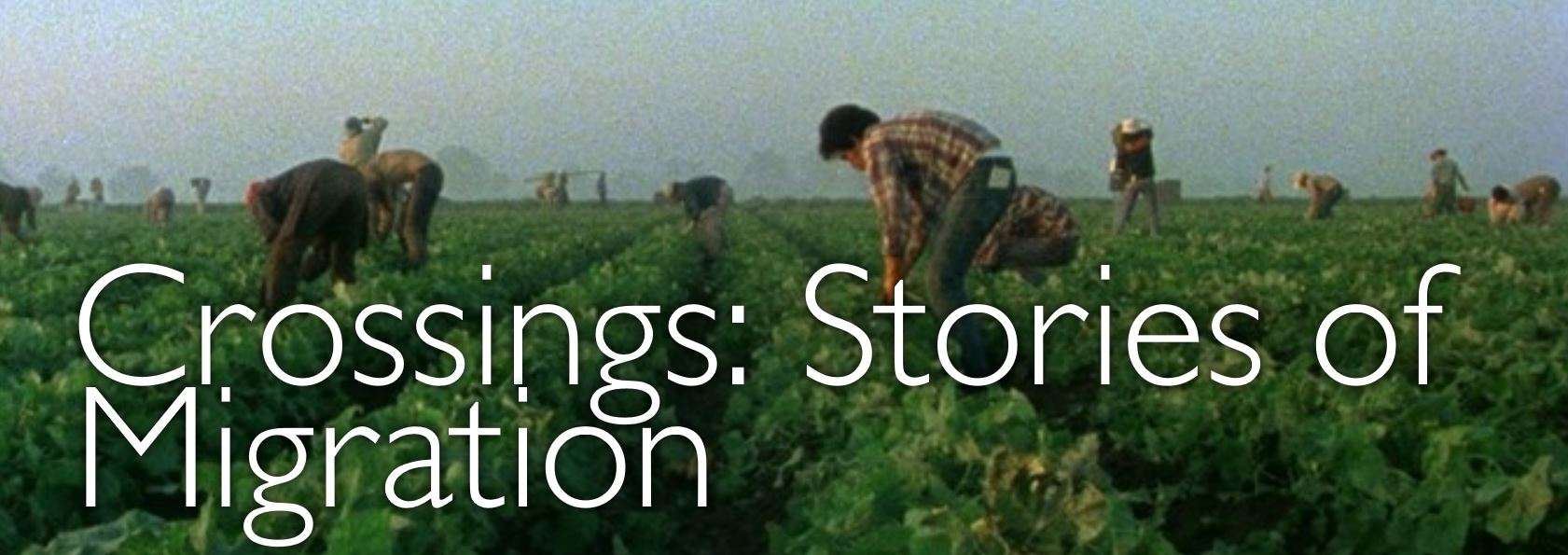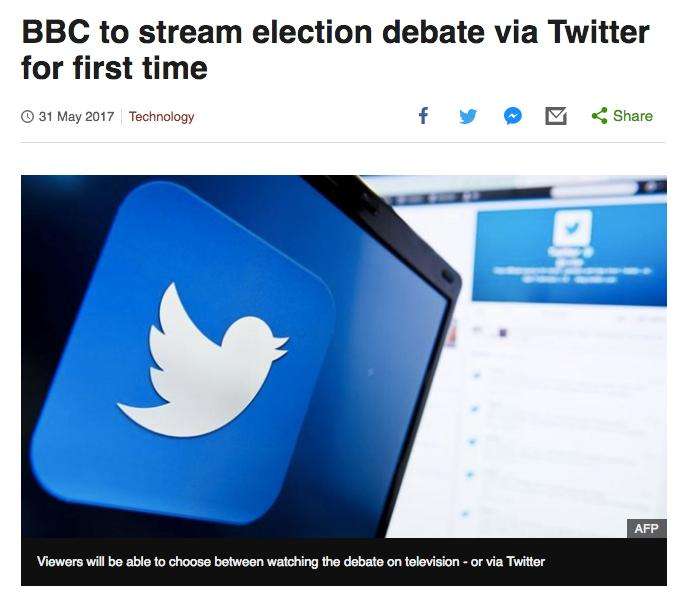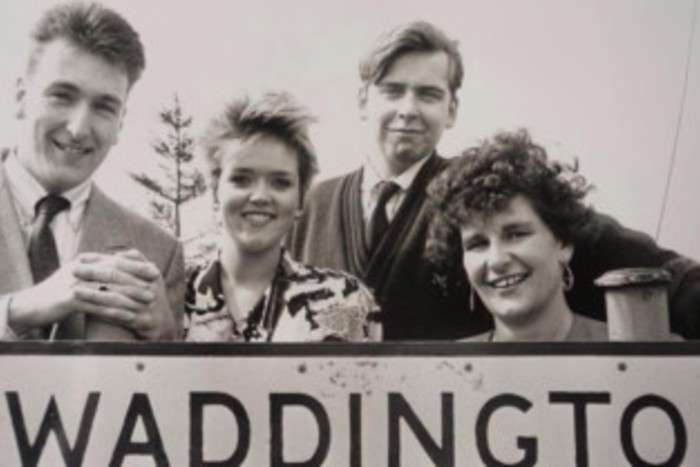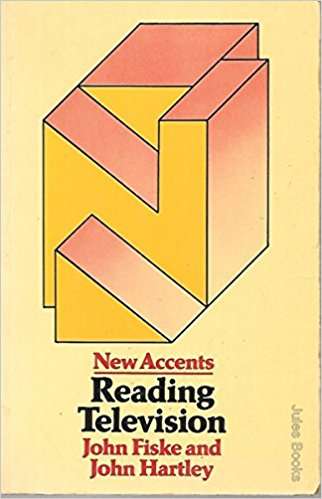Digital Violence: A Symposium. Anglia Ruskin University, Cambridge, United Kingdom Saturday, November 4 th 2017 ** ** Keynote Speakers: Caetlin Benson-Allott (Georgetown University) Eugenia Siapera &
CST Online
Call for Papers, Film Essays, Short Films: “Crossings: Stories of Migration”. Deadline: Aug 4, 2017.

Crossings: Stories of Migration (June-September 2017) is an ICA-led UK-wide film and events programme supported by the BFI using National Lottery funding, in partnership with the Goethe-Institut and the School of Film & Television, Falmouth University. We live in an age of migration.

The comic, recently legitimized through the graphic novel phenomenon while remaining anchored in popular culture, can provide unique insights into issues surrounding authorship. Although comics scholarship has explored autobiographical comics and the strategies for self-fashioning of individual canonized comics artists and writers, the complex and mutating concept of comic book authorship remains by and large overlooked.

Several weeks ago I came across an interesting piece in The Guardian featuring the work of Jason Shulman, a photographer who condenses entire films into a single image by shooting them in one ultra-long exposure. By using this technique Shulman produces haunting images of these films that could quite easily be mistaken for some of the later, more abstract paintings of William Turner.

On May 30thTwitter and the BBC announced a live streaming partnership to provide coverage for a number of election related broadcasts including the May 31st BBC election debate and the June 8th Election Night Special. These election events were simulcast on BBC television.

Thinking about the effects of neoliberalism on television, I’ve recently had reason to re-visit some of the programmes I looked at when I was working on a book about the 1980s. In particular I remembered a fascinating series transmitted across May and June in 1990 called The Television Village . In it residents of a village in Lancashire were given a glimpse of the television future: the future we now inhabit.

I’ve spent the last five months back in the US, thanks to a generous fellowship in Latin American Studies at Tulane in New Orleans.

The editor seeks scholarly essays that address some aspect of HBO’s television series *The Leftovers (2014-2017) and/or its source text, Tom Perrotta’s novel of the same title (2011) . *Perrotta co-produced the series with show runner David Lindelof ( Lost ). Both novel and series are set three years after the “Sudden Departure” of 2% of the world’s population.

Hosted by Monash University in Melbourne, Australia. Organised by Monash University and the University of Warwick with funding provided by the Monash Warwick Alliance (Un)Ethical Futures is a two-day interdisciplinary conference exploring the ethical concerns of utopia, dystopia and science fiction.

The recent furor about Oskar Eustis’ open air production of Shakespeare’s Julius Caesar in New York City in which Caesar was dressed up to look like Donald Trump and Calpurnia had a Slavic accent started me thinking about the larger issue of imaginatively representing the current occupant of the White House.

Switching channels. Yesterday’s television theory– today. This year, television scholars celebrate the 30th anniversary of John Fiske’s seminal work Television Culture. Based on a thorough analysis of television programmes, Fiske uncovered the economic and societal implications of television as a cultural institution.